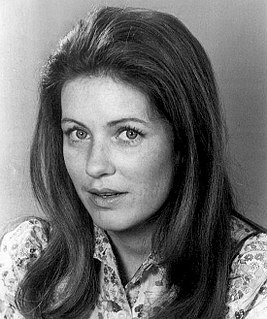A Quote by Mohnish Pabrai
One of the reasons why we can make a lot of money in equity markets is because they're auction-driven, and auction-driven markets are very different from almost any other kind of market.
Related Quotes
If you have money draining out of the public equity markets, that inevitably affects the private equity market. They cannot exist going in different directions because somehow that will rent the fabric of the universe. It's just not permitted that that happens. Obviously there can be anomalies for brief periods of time but it just can't happen forever.
Private equity capital in each of those markets Europe and Asia - while those markets have very different characteristics - fills a niche where either strategic investors or the public markets don't go, or don't want to go for some particular reason. I think that's going to continue to be the case going forward.
We're more familiar with what economists call an English auction - prices start low and rise as people bid. However, there is also the Dutch auction, where prices start high and go lower until somebody bites. Movies are sold to the audience via a very slow Dutch auction, where each phase between price drops can last weeks or months.
There is a bit of a problem with the match between derivative securities markets and the primary markets. We have long ago instituted principles, essentially high margin requirements, to prevent certain instabilities in the stock market, and I think they're basically correct. The trouble is that there's a linkage, let's say, between something like the stock market and the index futures markets, and the fact that the margin requirements are very different, for example, played some role in the October '87 crash.
I think what happened in the last 10 or 15 years in the art market is that all the players - and that includes artists, dealers, art advisors, everyone - basically became dealers. We've had old-school collectors morph into speculators, flipping works. We've seen auction houses buying works directly from artists or from sleazy middlemen. The last step before the crash was the artists themselves supplying the auction houses. Dealing themselves, you know? The art world is as unregulated as any financial market there is.
There are markets extending from Mali, Indonesia, way outside the purview of any one government which operated under civil laws, so contracts weren't, except on trust. So they have this free market ideology the moment they have markets operating outside the purview of the states, as prior to that markets had really mainly existed as a side effect of military operations.



































